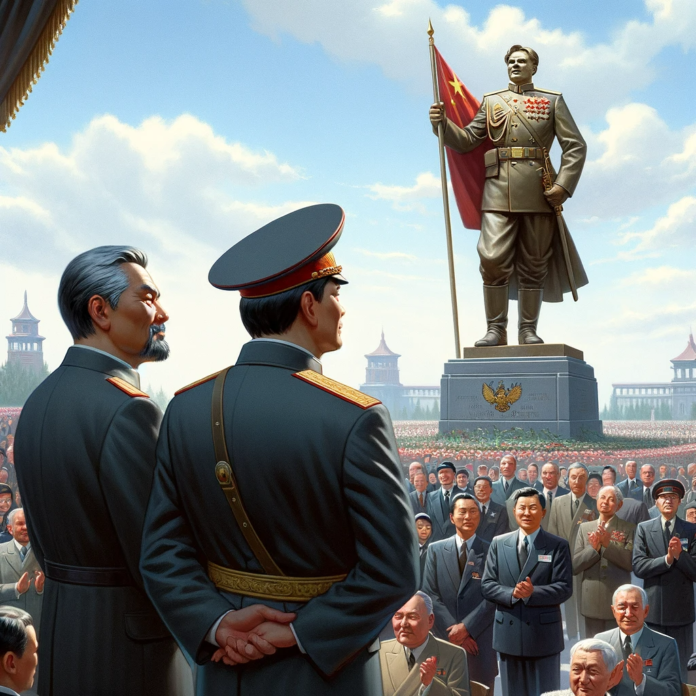Author: Jade McGlynn
Affiliation: Head of the Russia and Eurasia Studies Centre at the Henry Jackson Society
Organization/Publisher: Foreign Policy
Date/Place: June 25, 2021/USA
Type of Literature: Argument
Word Count: 2065
Keywords: Russia, Memory Diplomacy, History
Brief:
In this article, the author shows how the Russian government, politicians and diplomats are using memory diplomacy by finding common parts of history with other countries such as China, Serbia, or Belarus to bolster its sphere of influence. The author defines memory diplomacy as public diplomacy used to improve relations by “exporting commemorative practices and historical narratives and by allying their own historical narratives with those of another country.” Historical truths have the ability to change common beliefs and states may use selectively to take advantage of history. According to the author, Russia views the US and its allies as waging a war on history, especially on the subject of the Second World War. Russia sees this as an existential threat and is accordingly giving a role to memory diplomacy in order to make allies and influence Russian diaspora. For example, Russia reminds that they themselves liberated eastern Europe—despite then occupying it—and narrates its own role in the Second World War despite the Soviet and Nazi collaboration. Russia carefully uses that memory diplomacy to make allies, such as with China. Lastly, Russia is using the memory of its role in the decolonization of Africa by building monuments and attributing the role of Soviet fighters in order to increase Russian influence there. Using history to gain power is trending, it is being used by Russia and other states, but whether the other states will resist or not the future will show.
By: Berat Karadeniz, CIGA Research Intern




